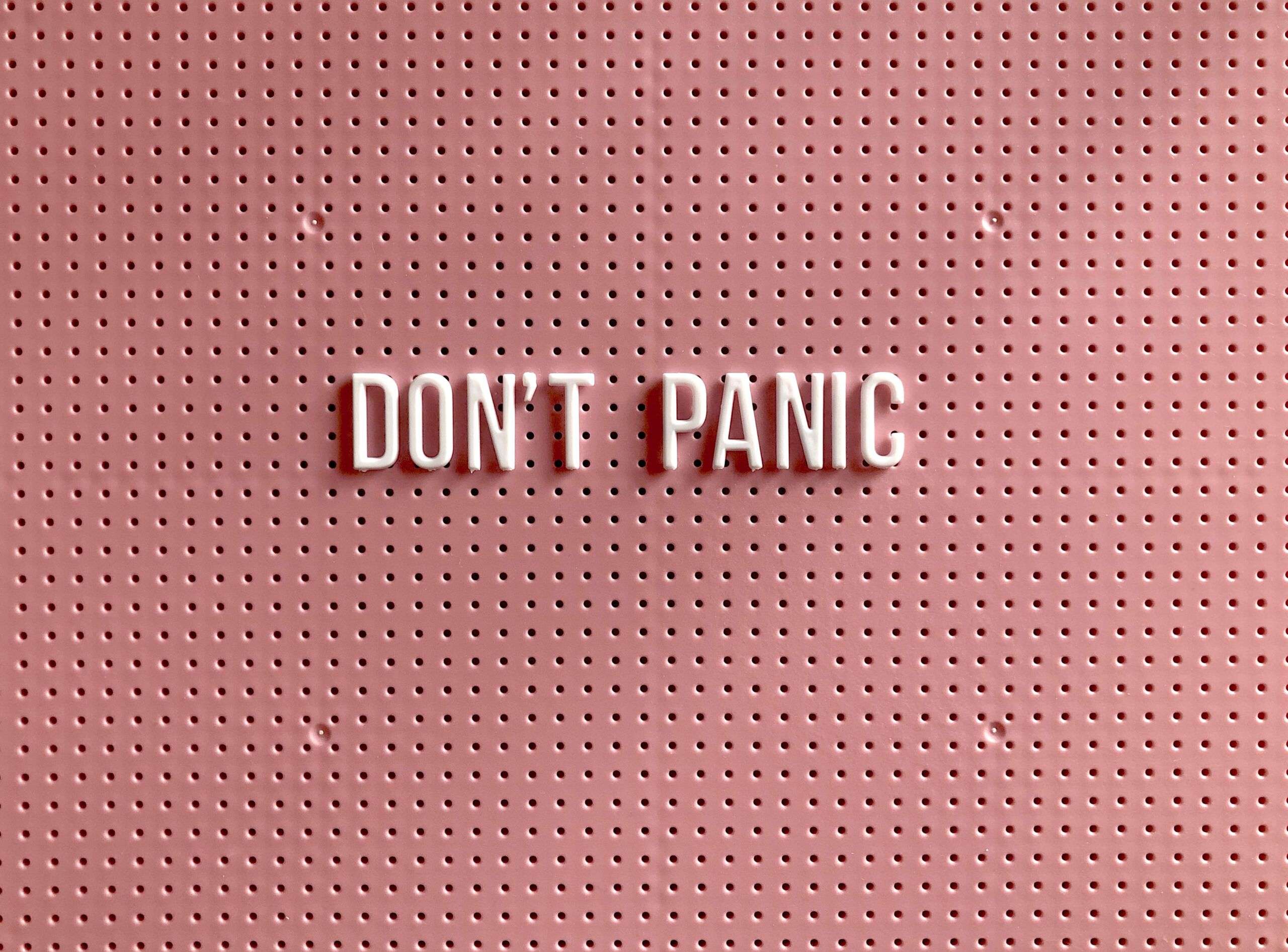Coping with Money Anxiety Pt. 2 – Managing Money Anxiety
In the last article we looked at the how the brain reacts to threats. Our ancient ‘fight or flight’ response evolved to keep us safe in situations of extreme danger. It works really well in the short term, but it’s very emotionally and physically intense and it’s not meant to be chronically activated. When it’s always on, this leads to a breakdown in our biological systems. So we have a safety mechanism that kicks in every time the brain feels threatened, and a brain that is always looking for threats. We don’t have many physical threats to worry about any more, but we can become extremely anxious about things like financial security and social acceptance. In addition, anxiety makes us zoom in on the source of the stress and, when we overfocus on one thing, it affects our ability to make decisions. This manifests itself in two ways: firstly, when the brain is flooded with cortisol and adrenaline, it loses the ability to make good choices – in effect, it’s really hard to get the higher brain to think well, even about the problem at hand. Secondly, being overfocused doesn’t leave any mental space to think about other things that need to get done. As a result, nothing gets done well.
So, what can we do to break this cycle of anxiety and panic? How can we engage the higher brain to make good decisions? One of the most effective ways is by creating psychological distance between ourselves and the problem. We do this when we help other people solve problems that they are too emotionally close to. When the problem is not happening to us, it’s easier to be objective and rational because we are not being triggered. So, one answer is to ask others for advice. However, we are also able to do this to ourselves, and one way is by referring to ourselves in the third person. Instead of asking ‘What should I do?’, I rephrase the question as ’What should Dennis do?’ or ‘What would be the best thing for Dennis right now’?’. You can also work through your feelings using your own name – ‘Why is Dennis feeling this way?’. ‘What would help Dennis right now?’. ‘What does Dennis need to know to make a good decision?’. Another way to do this is to use somebody we admire to guide our thoughts – ‘What would Warren Buffet do?’. ‘How would Warren Buffet think about this problem?’. This way of framing the problem creates space between ourselves and our emotional responses; it helps us to engage our higher brains and stop them being highjacked by the emotions from our lower brains.
Other techniques include temporal distancing or mental time travel. This is where you create a gap by using the element of time. Remind yourself that this problem will pass and that you will get through it – for example, think about how you will feel in two years’ time rather than now. Alternatively, imagine that in two years’ time you are telling the truthful story about how you responded during the pandemic. What do you want that story to be? Is it the story of somebody who panicked or gave up? Or is it the story of somebody who worked out what they needed to do to get through the crisis? Is it the story of somebody who lost control? Or is it the story of somebody who focused on the things they could control, addressed the challenges they had, and found solutions for those challenges?
Right now it feels like we have very little control over anything. However, we can control our emotions and our minds. And when we do that, we are able to make good decisions.
The next article will look at ways to do this for your finances.
To learn more about distancing, listen to the Coronavirus BONUS episodes of the Happiness Lab.
This article was originally published in early 2020 at the onset of the COVID outbreak and subsequent lockdowns.




